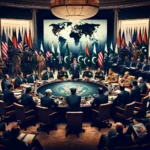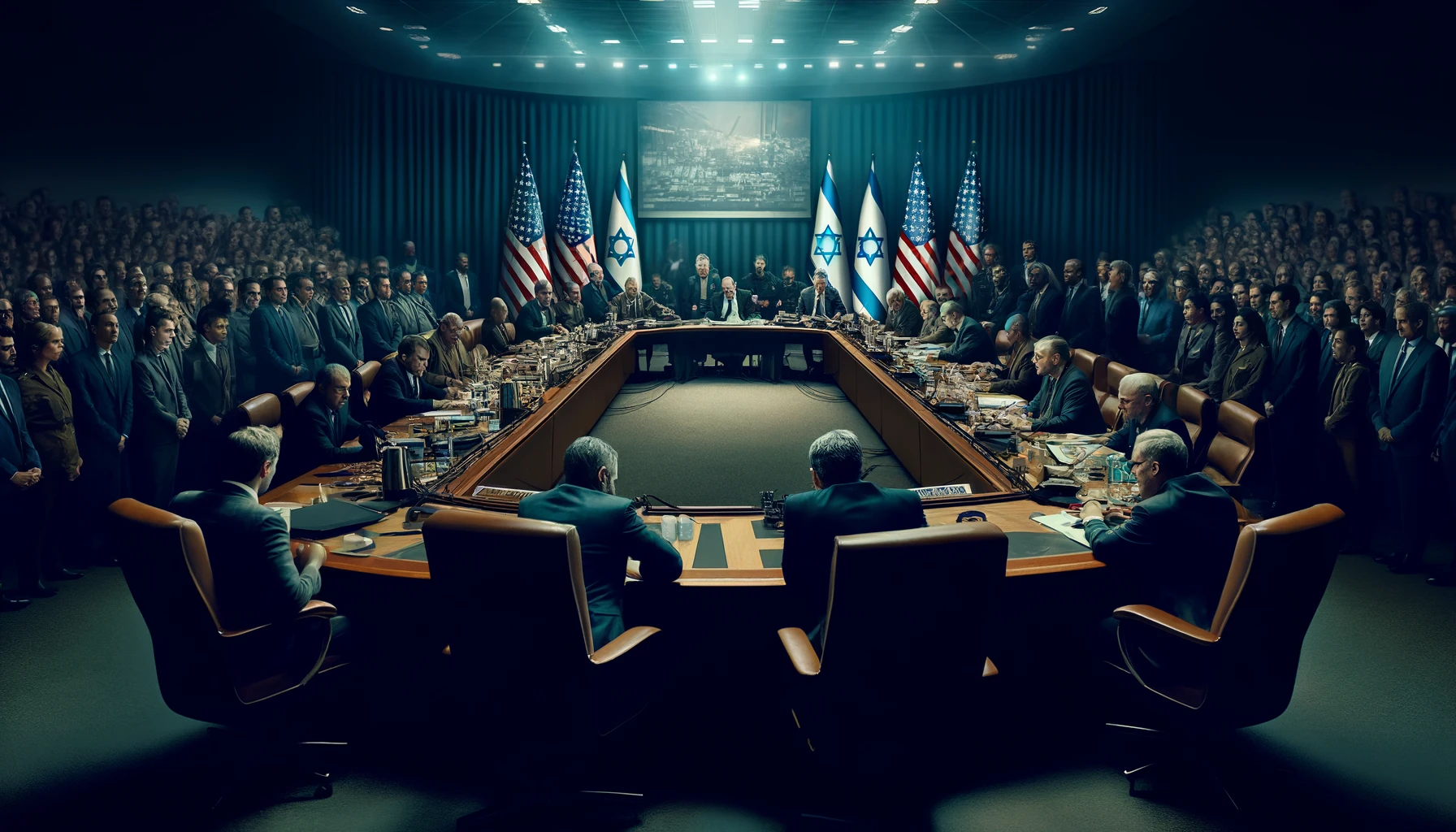The UK election landscape has witnessed a significant shift in recent weeks, with the ‘Gaza War‘ emerging as a major point of contention among voters. The conflict in Gaza has not only sparked widespread outrage but also raised critical questions about the UK’s stance on the issue. As election day approaches, the ‘Gaza War’ has become a decisive factor in shaping public opinion and influencing voter decisions.
Rise of Pro-Palestinian Sentiment
The ongoing conflict in Gaza has led to a surge in pro-Palestinian sentiment across the UK. Many Britons have expressed their dismay and anger over the Israeli government’s actions, which have resulted in the loss of numerous civilian lives. The UK’s Muslim community, in particular, has been vocal in its condemnation of the Israeli government’s actions, with many calling for the UK government to take a stronger stance against the violence.
Impact on Labour Party
The Labour Party, led by Keir Starmer, has been at the forefront of the pro-Palestinian movement. Starmer has been critical of the Israeli government’s actions and has called for an immediate ceasefire. His stance on the issue has resonated with many Labour supporters, who have long been sympathetic to the Palestinian cause. However, the party’s stance has also drawn criticism from some quarters, with some accusing Starmer of being too soft on Israel.
Conservative Party’s Dilemma
The Conservative Party, led by Rishi Sunak, has found itself in a difficult position on the issue. While the party has traditionally been seen as pro-Israel, the scale of the humanitarian crisis in Gaza has made it increasingly difficult for the party to maintain its stance. Sunak has faced criticism for not doing enough to condemn the Israeli government’s actions, with some accusing him of being too slow to respond to the crisis.
Rise of Independent Candidates
The ‘Gaza War’ has also led to the rise of independent candidates who are running on a pro-Palestinian platform. Many of these candidates are Muslims who are disillusioned with the traditional party system and feel that their voices are not being heard. The rise of independent candidates has added a new dimension to the election, with many predicting that they could play a crucial role in shaping the outcome.
Shift in Public Opinion
The ‘Gaza War’ has led to a significant shift in public opinion in the UK. Many Britons who were previously apathetic about the conflict in Gaza have now become vocal in their support for the Palestinian cause. The conflict has also raised questions about the UK’s foreign policy and its relationship with Israel. Many are now calling for the UK to re-evaluate its stance on the issue and to take a more proactive role in promoting peace in the region.
Conclusion
The ‘Gaza War’ has become a major issue on the UK political landscape, with many voters citing it as a decisive factor in their decision-making process. The conflict has raised critical questions about the UK’s stance on the issue and has led to a shift in public opinion. As election day approaches, it remains to be seen how the ‘Gaza War’ will impact the outcome of the election. One thing is certain, however: the conflict in Gaza has brought the issue of Palestine to the forefront of UK politics, and it is unlikely to disappear from the political landscape anytime soon.









